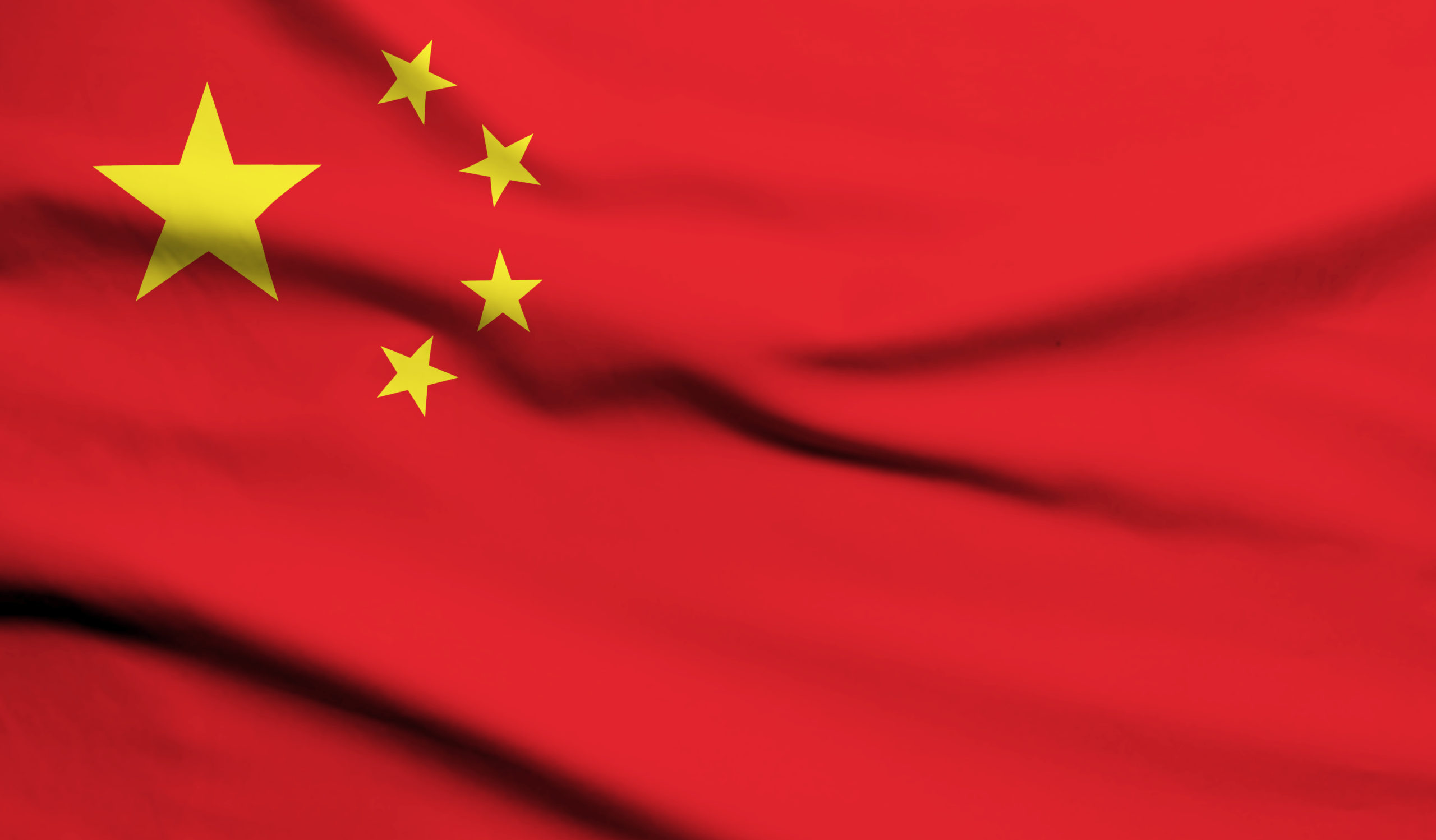

Published on Mar 14, 2022
Change Healthcare (CHNG) plans to sign “in a matter of weeks” a deal to divest a business unit that includes its claims-editing software, eliminating the major horizontal overlap that helped spark DOJ’s suit to block UnitedHealth Group’s proposed $7.8 billion purchase of the company, an attorney for UnitedHealth said today.
“The horizontal aspect of this case is going to fall out,” Craig Primis, the attorney, told U.S. District Judge Carl Nichols during a hearing in Washington, D.C. to discuss when the trial on DOJ’s suit should start. Primus said Change would sell the unit to one company but didn’t specify the buyer.
In court filings, the parties’ lawyers have pressed for the trial to begin June 20, arguing that DOJ has had more than enough time to prepare its case. The department has taken 23 depositions and reviewed 6.8 million documents since UnitedHealth, the No. 1 U.S. health insurer, and Change, operator of the country’s largest electronic clearinghouse for insurance claims, unveiled the deal 14 months ago.
DOJ, however, proposed trial start dates in late August, insisting that the department and co-plaintiff states of Minnesota and New York still “need sufficient time for discovery and pretrial preparation so they can try their case based on a fully developed record.” DOJ litigator Eric Welsh told Nichols at the hearing that UnitedHealth and Change hadn’t been cooperative during the department’s review of the deal, withholding essential data and documents.
“During the investigation, the defendants weren’t as forthcoming as they needed to be,” forcing the companies to extend the review while they provided data requested by the department, he said.
When Primus argued that the proposed divestiture should streamline the proceedings by focusing the case on DOJ’s vertical objections to the tie-up, Welsh countered that the department would need time to examine the divestiture agreement and the would-be buyer.
“They’re talking about doing a remedy. That would require time” for discovery, he said.
If the companies convince the judge that the divestiture would address DOJ’s horizontal arguments against UnitedHealth’s bid for Change, it could provide a significant boost to their defense. The department said in its complaint the tie-up would result in UnitedHealth controlling 75% of market for editing software that helps insurers identify suspect or incomplete claims.
The rest of DOJ’s suit is based on vertical theories of harm, including that UnitedHealth would gain unfair advantage over rival insurers by accessing the claims information that flows through Change’s electronic clearinghouse. While such vertical theories are commonly accepted by antitrust practitioners, they have fared less well in federal court.
Yet if DOJ shows that either the prospective buyer or divestiture agreement are insufficient, the government could reinforce its case against the deal based on a horizontal theory of harm that’s had great success with judges.
At today’s hearing, the parties and DOJ indicated they weren’t far apart on the trial’s length, with the government requesting 12 days and the companies saying that they were aiming for 10 to 12 days.
Welsh said that DOJ could call as many as 30 fact witnesses, including the merging parties’ executives, and two expert witnesses, prompting Nichols to question whether 12 days would be sufficient for so much testimony.
Nichols said he would issue a “bare bones” order on the trial date on either Wednesday or Thursday, acknowledging that his court schedule is full with criminal cases related to the January 6, 2021 Capitol riot.
Even with Nichols settling on a start date for a trial, it’s still in question whether one will take place. The merger agreement’s outside date is April 5; afterwards either party could abandon the transaction, and UnitedHealth isn’t required to pay Change a reverse breakup fee.
Until then, UnitedHealth is obligated under the agreement to mount a vigorous defense of the deal. In court filings, the company said that it had acquiesced several times to DOJ demands to extend its investigation, assuming that ultimately the government “would see that the combination threatened no anti-competitive effects but rather created massive efficiencies and opportunities.”